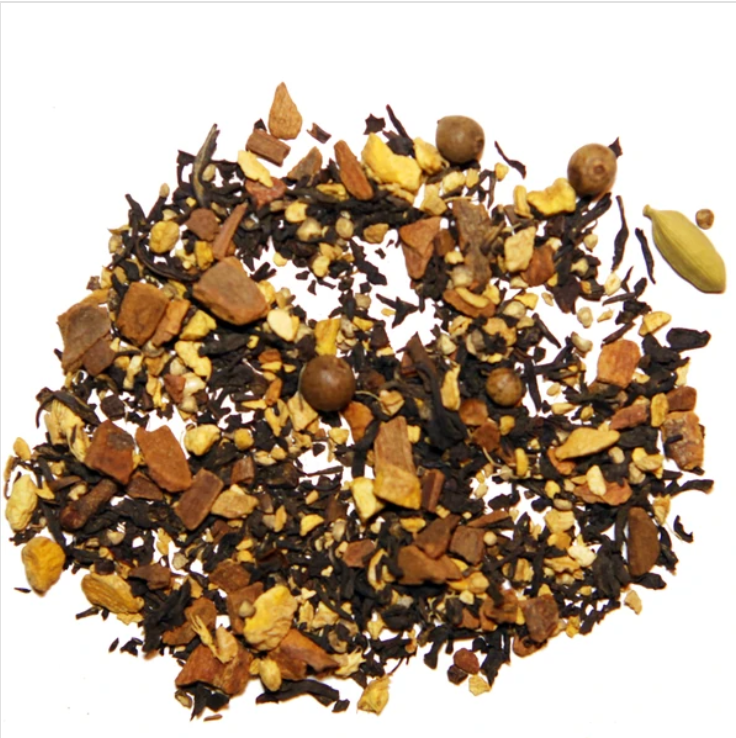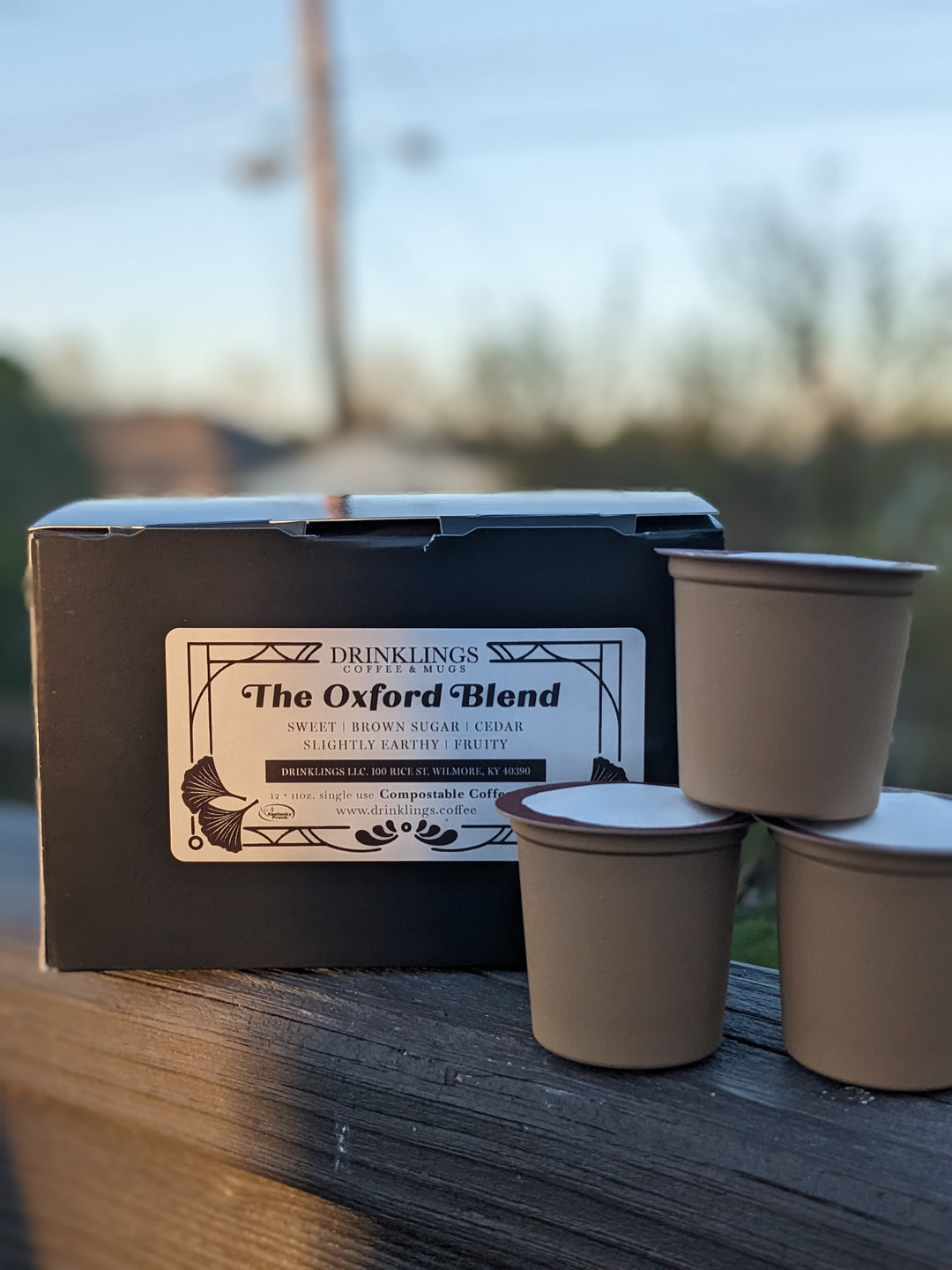Finding Healthy Rhythms in The "New (Post-Covid) Normal"
One of the things that I remember wondering about in the midst of the height of the Covid pandemic was whether we were mature enough as a human society to learn from what was happening: whether we could use long term reflection, to analyze our priorities, to ask questions about what was working and what wasn’t working, to ask questions about our stamina, and, in the aftermath of such questions, change what needed to be changed. It’s not like “burnout” wasn’t a thing many of us--perhaps most of us--faced even prior to the pandemic in some aspect of our lives. Covid provided, strange as it was, something of an “opportunity” to reset and I think it provided an opportunity to ask ourselves two questions: Did we like “normal”? Was “normal” working?
Nevertheless, as much as our society, organizations, and institutions have worked to get back to “the way it used to be '' the reality is that most of us are coping with the fact that this “old normal” is now a thing of the past. We may not even consciously think that way. Our businesses are back at a hundred percent capacity, the masks are (generally) off, and Covid is not the topic of daily conversation and news updates as it used to be. We are, in my estimation, a mixture of the “old normal” which we aspired to return to and a still undefined new normal which we are all learning. It may be, in fact, that history demarcates Western culture (if not global culture) as Pre-Covid and Post-Covid, depending on how different the “new normal” looks over the next ten years.
The one thing that seems to be a continual component of both the “old normal” and the “new normal” is that of burnout. John Eldridge in his book Resilient makes the point that, in fact, the past two years have been neurologically and existentially traumatizing and one of the things we need to do is treat it as trauma. I might even note that for many, the “old normal” was itself traumatizing. The social and political fragmentation. The technological addiction. The overworking. The inability for many to cover basic life bills. The lack of either individual or collective meaning. One podcast I recently listened to asked the question, “Are we the most exhausted generation in history?” (her answer was no in terms of physical exhaustion but yes in terms of our inability to give our exhaustion any meaning!).
So what to do when we are burnt out, exhausted, and struggling to breathe in the new normal?
Winfield Bevins and Mark Dunwoody note in their book Healthy Rhythms for Leaders: Cultivating Soul Care in Uncertain Times that one of the things needed is an “Ebb and Flow Rule of Life.” A Rule of Life, according to Bevins and Dunwoody, is a strategically developed “framework for freedom: not as a set of rules that restrict or deny life, but as a way of living out our vocations both individually and together” (40). Martin Luther King Jr. developed one: meditation of the teachings of Jesus, remembrance of the core values of the non-violent movement in Birmingham, walking and talking in love, daily prayer, self-sacrifice, courtesy, service to others, abstention from violence, physical and spiritual health, and commitment to the directions of the movement. All of these had practical components that he could go back to and ask “Did I do this today?”

The recently passed Desmond Tutu also developed a rhythm that was practical in terms of soul care which he considered “indispensable” which included moments of stillness, prayer, and quiet restoration days where he slept, read, and walked. We might call this “Rule of Life” an ‘organization’ of your life: you think through and legitimately write down your values, priorities, and daily commitments with the whole point being the removal of what Bevins and Dunwood call “Spiritual Attention Deficit Disorder.”
The reality is--and I feel this as a business owner for whom there is always something left undone--our world moves too fast for how we’ve been created and evolved. Our days, weeks, and lives are not meant to operate with the task load that we set in front of them. There will always be things left that you could do. Always stresses that you can mitigate. Always fires that you can put out. But as Bevins and Dunwoody note, the importance of a Rule of Life is that it is a discipline even in the midst of life’s to do list: it is something you commit to not as a “suggestion” but as a “rule”. It may mean that the package you intended to ship doesn’t go out till tomorrow. It may mean you actually don’t go into the office today because you fell sick and your body and mind need to recuperate. It may mean you say ‘no’ far more than you say ‘yes.’ It may mean you need to restructure your entire day or how you go about your days in order to make it work. You cannot squeeze Ebb and Flow into your life. You must cut out the distractions of life that keep you from rhythm.
This past summer my daughter came with us to the ocean (as she should, cause you know it would be a bad father that left her behind!). While she knows how to swim, she was a bit unsure about the crashing and chaos of the break. It slammed into her. She tumbled and rolled a couple of times. But as her father, my job is not to teach her to stay where it's safe, away from all discomfort (that would teach her escapism). It’s to teach her how to swim where there is uncertainty and it’s to guide her beyond the chaos. As I held her hand and gave her reassurance, we swam out to the deeper parts beyond the break and she noticed something there she had forgotten: the ebb and flow of the water was safe. She thought, in fact, the further out she went the more dangerous it would be. But as long as she was with me, as long as she was where her feet could touch, the ebb and the flow was far more safe than the breaks closer to shore. It was relaxing. It was rhythmic and musical.
Establishing a Rule of Life may take time. It may even take you encountering some crashes, breaks, and tumbles. And you won’t be perfect at it and you will have times where you get your priorities mixed up (something I recently learned again after I recently hit a period of exhaustion where my body did crash out of necessity). But our world needs that “ebb and flow” as part of our “new normal.” It needs it in this post-Covid world. Ebb and Flow doesn’t build skyscrapers. It doesn’t make one a Fortune 500 CEO. It doesn’t lend itself to celebritism, instagramism, or even bottom line productivity. But it certainly will lend itself to a more joyful, contented, and meaningful life of reflection and interest. And that would be refreshing.




